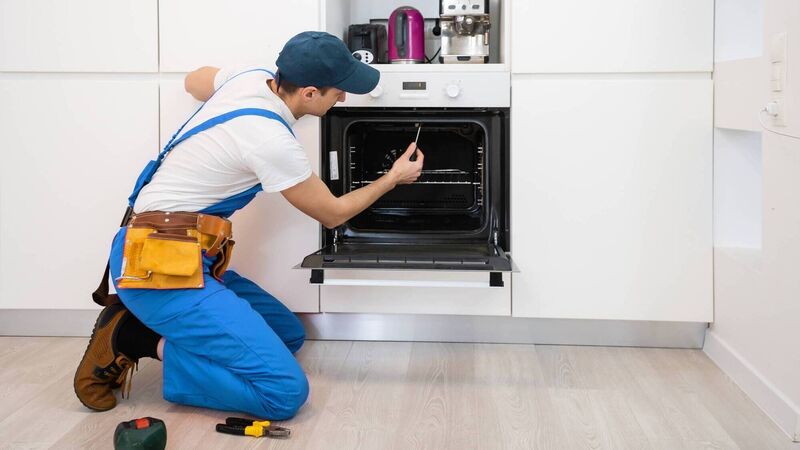Making Cents: If my kitchen appliance breaks, am I covered for a new one?

Doireann Sweeney, Head of Corporate Communications with the Competition and Consumer Protection Commission, stresses that buyers rights are not limited to what is covered by guarantee or warranty.“Often household electrical items, such as an oven, will come with a guarantee for a certain period of time, for example, one or two years etc,” she says.
A reader contacted me this week about an incident she had with her oven. The oven, which she bought a little over two years ago, was badly damaged with what sounded like a minor explosion. She and her husband had been in the kitchen cooking and, shortly after they left the room, they heard a loud bang. They found the oven door badly damaged and blackened and shattered glass all over the room. It was an electric oven, so the issue wasn’t caused by gas.
When she contacted the seller, they were checking dates to see if the oven was covered by guarantee or warranty. While the situation was eventually resolved to her satisfaction, she was shocked that this would be a factor in such an unexpected incident. She feels even if outside guarantee, if an oven malfunctions to such an extent surely the seller or manufacturer should replace or refund.










